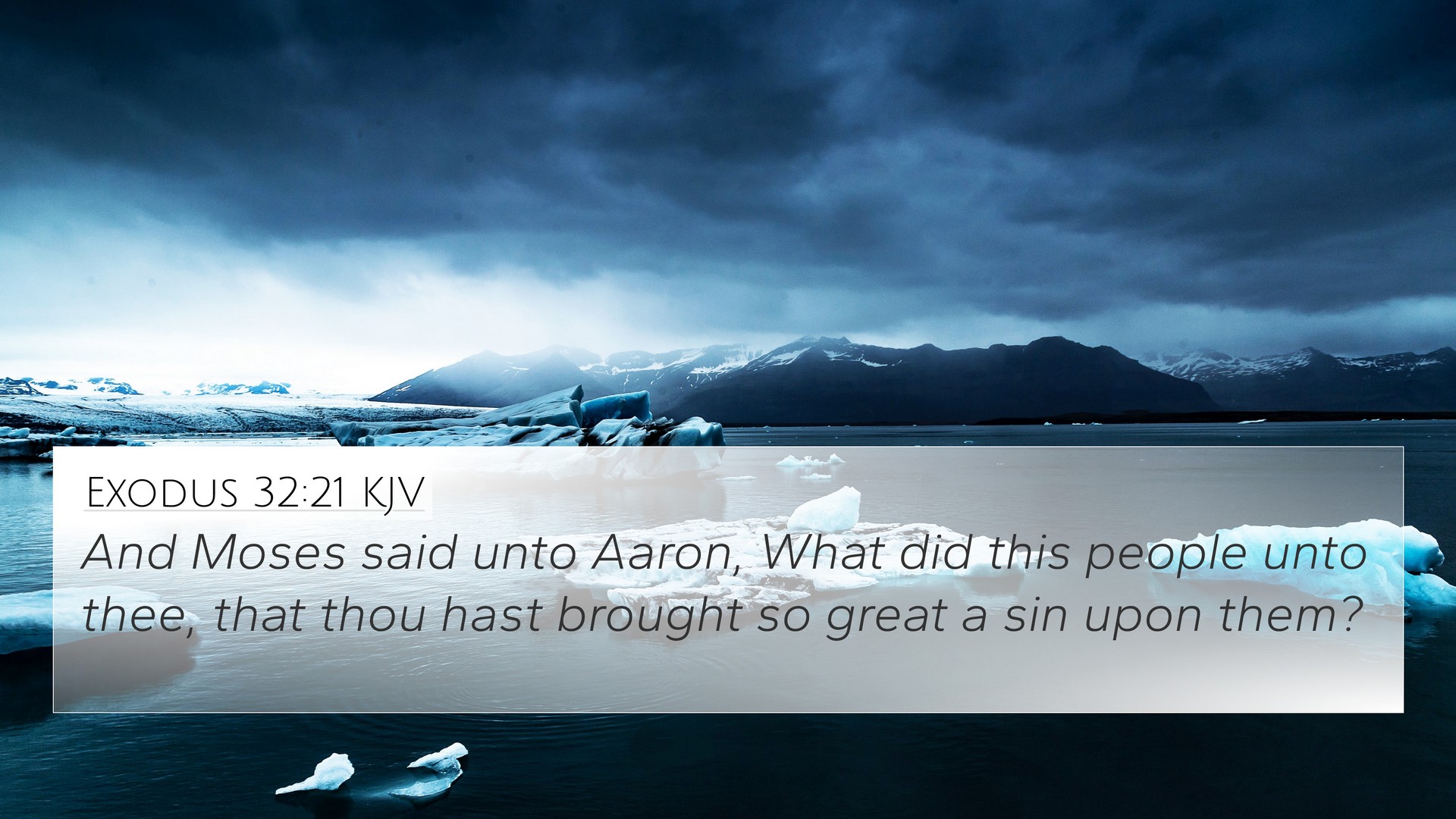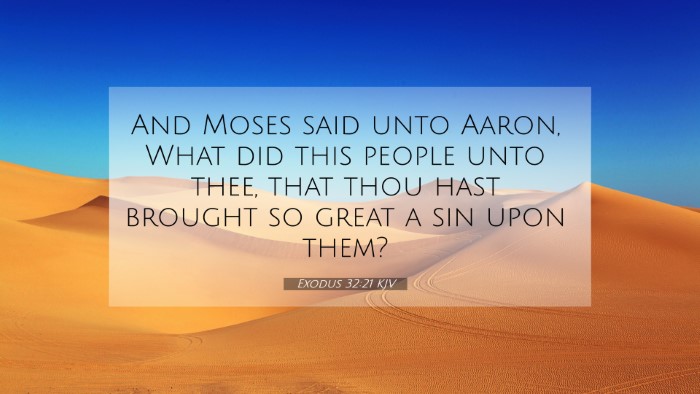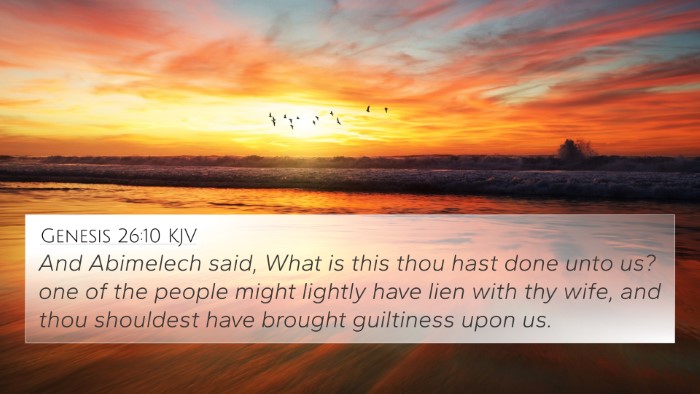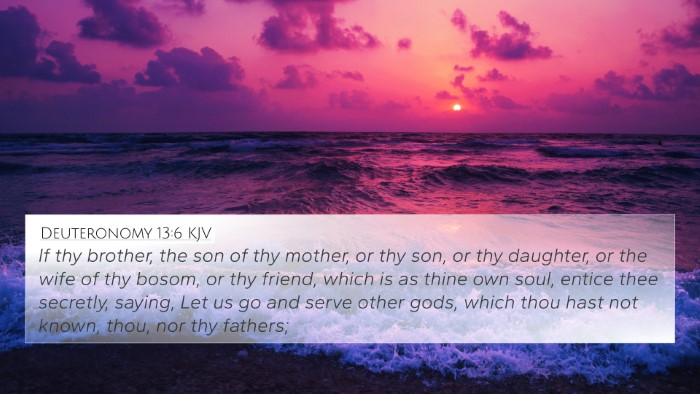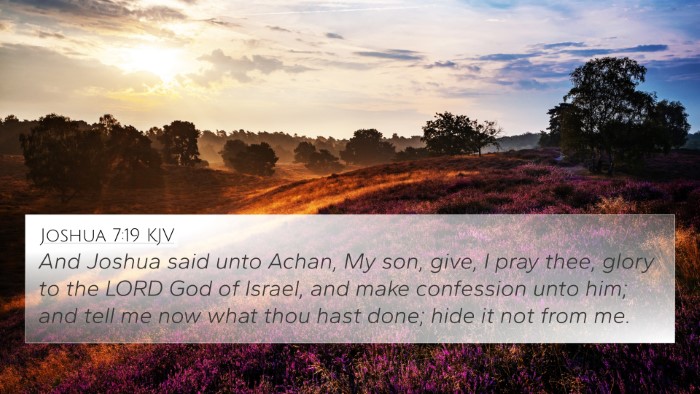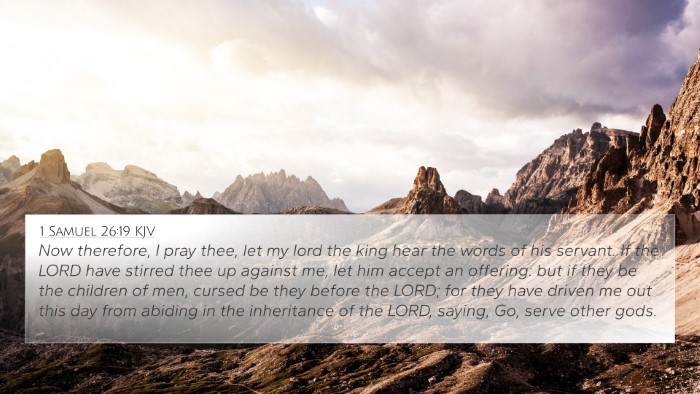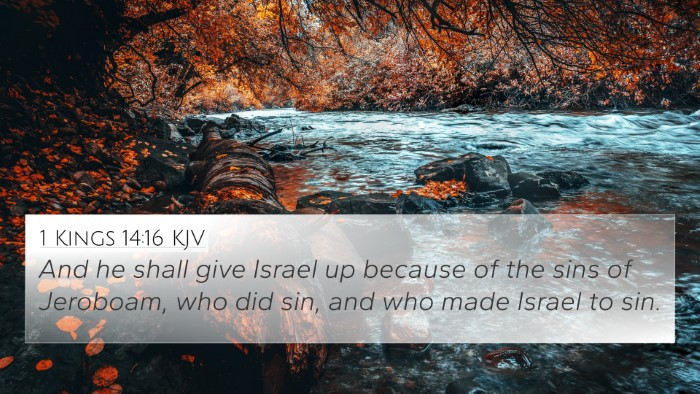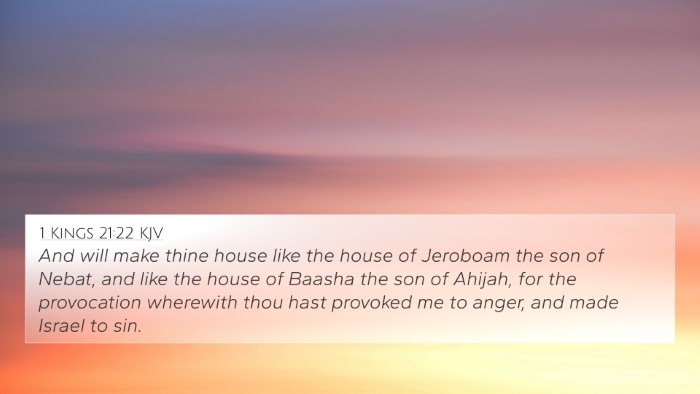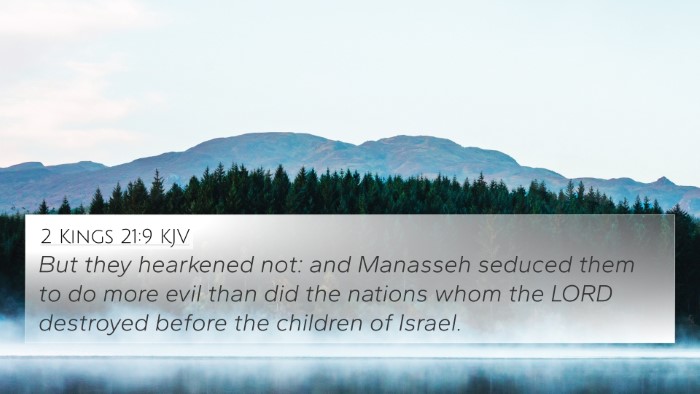Understanding Exodus 32:21
Exodus 32:21 states: "And Moses said unto Aaron, What did this people unto thee, that thou hast brought so great a sin upon them?" This verse occurs in a critical narrative where Moses confronts his brother Aaron regarding the idolatry of the Israelites. This moment provides foundational insight into themes of leadership, accountability, and sin within the community of faith.
Context and Background
The backdrop of Exodus 32 articulates a narrative where the Israelites, feeling abandoned during Moses' prolonged absence on Mount Sinai, compel Aaron to create a golden calf for worship. This pivotal event manifests a profound breach of trust and faith among God's chosen people.
Insights from Commentaries
- Matthew Henry: Henry emphasizes the weight of leadership responsibility. He notes that Aaron's actions led the people into sin, highlighting how the failures of leaders can lead others astray. Moses’ inquiry reflects not just a desire for accountability but an opportunity for Aaron to confess and repent.
- Albert Barnes: Barnes focuses on the significance of the phrase "great sin." He suggests it indicates the severity of idolatry and disloyalty towards Providence. Furthermore, Aaron's concession to the people's demands showcases the challenges of adhering to divine commandments amidst public pressure.
- Adam Clarke: Clarke's commentary delves into Aaron's dilemma, asserting that the idolatrous act was deeply rooted in a quest for visible leadership and divine representation. His comments provide a poignant view of human frailty when faced with uncertainty and fear of abandonment.
Thematic Connections
This passage not only addresses the sin of the Israelites but also serves as a profound lesson in the dynamics of community faith and collective accountability. The thematic connections made through Exodus 32:21 lead us to several reflective points on leadership:
- Leadership necessitates integrity and the moral fortitude to resist sinful inclinations.
- Communal sin can often trace back to the failures of individuals in positions of authority.
- The need for a mediator between God and humanity, reflected in Moses' role in this scenario.
Bible Verse Cross-References
Understanding Exodus 32:21 benefits from examining several related scriptures:
- Deuteronomy 9:20: Highlights Moses' plea to God regarding Aaron's leadership in sin.
- 1 Corinthians 10:7: References the incident of idolatry as a warning to Christians.
- Galatians 1:6: Paul’s rebuke against turning away from the gospel mirrors the Israelites’ turning to idolatry.
- Hebrews 3:12: Warns against an evil heart of unbelief, paralleling the Israelites' actions.
- James 3:1: Admonishes teachers and leaders about the greater judgment they incur for leading others.
- Ezekiel 14:10: Discusses the consequences of a false prophet leading the people into sin.
- Matthew 18:6: Jesus warns of severe repercussions for leading believers into sin.
Exploring Inter-Biblical Dialogue
The incidents of idol worship as detailed in Exodus ties closely to subsequent discussions in both the Old and New Testaments. The parallels in various books provide a comprehensive view of how rebellion against God manifests and the persistent call to faithfulness throughout scriptural history. Observing these themes offers a broader understanding of how early narratives relate to Christian doctrine today.
Conclusion
Exodus 32:21 serves as a powerful reminder of the significance of accountability in leadership and the chaos that can ensue when God’s commands are forsaken. The commingling of this historical moment with broader theological significance allows for rich explorations of faith, communal responsibility, and the enduring nature of God’s covenant with His people.
Further Study: Tools for Bible Cross-Referencing
For those interested in deepening their understanding of biblical themes through cross-referencing, consider utilizing:
- Bible Concordance: A comprehensive index helpful in finding key terms and their occurrences throughout scripture.
- Bible Cross-Reference Guide: A resource that links related verses, aiding in thematic studies.
- Bible Chains: Follow thematic links from one verse to another for deeper contextual understanding.
- Online Bible Study Tools: Several platforms offer easily navigable systems for exploring cross-referenced scriptures.
- Commentaries and Thematic Studies: Leverage writings by biblical scholars to enrich your comprehension of interconnected verses.
